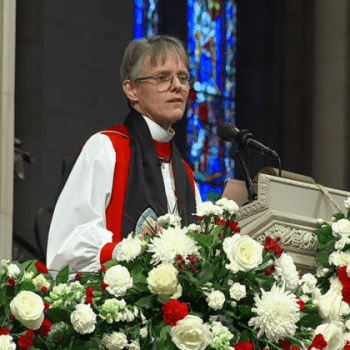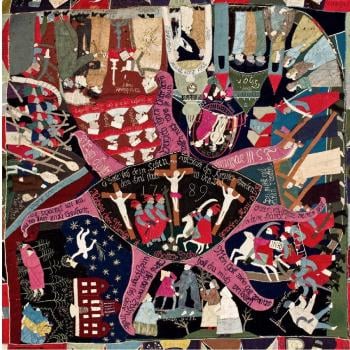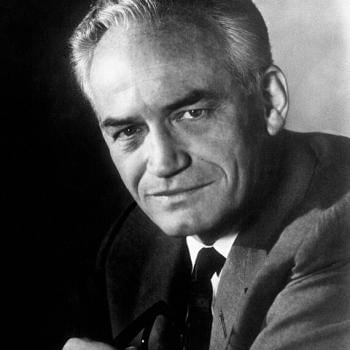 By Susan Kaiser Greenland
By Susan Kaiser Greenland
What would the world be like if everyone had the capacity to see their life experience clearly and respond to it wisely? That's what the future could look like due to a growing movement of people around the globe dedicated to sharing secular mindfulness with children, teens, and their families.
Secular mindful awareness was brought into the mainstream primarily through Mindfulness-Based Stress Reduction (MBSR) -- a clinical program developed thirty years ago for adults by Dr. Jon Kabat-Zinn when he was working as a scientist at the University of Massachusetts. MBSR helps adults develop the capacity to hold off from reacting to (or even analyzing) a stressful situation in order to see it clearly and respond skillfully -- in a more thoughtful, calm, and reasoned way.
While MBSR was born in a hospital setting, it has now taken root in non-clinical settings quite literally around the world. As more and more adults were exposed to mindfulness, either through classical Buddhist training or secular programs like MBSR, practitioners began to wonder whether the mindfulness practices that helped them could also help their children. Many of those practitioners were professionals who worked with children (clinicians, educators, therapists, and researchers, for example), and their direct experience with mindfulness, enhanced by their professional expertise, helped develop a broad view of how mindfulness with children could look -- one that joins a more reflective and introspective way of being gleaned from introspective practice, with insights from modern psychology, neuroscience, and education.
The aim of a mindful education is to learn academic, social, and emotional skills in a balanced way. This approach is both very old (gleaned from classical Buddhist practices) and very new (informed by best practices in psychology and education). Classical mindfulness practice focuses on the development of three areas: attention, wisdom, and values. Adapted for secular use, these three areas provide a roadmap for a new set of ABCs -- one that goes beyond the traditional ABCs of reading, writing, and arithmetic to include the development of Attention, Balance, and Compassion.
Many educational approaches teach productive and healthy ways of being, but lack an important element of mindfulness training: the capacity to be alert and open to life-experience as it occurs in a non-reactive, resilient, and compassionate way. With mindfulness practice, kids learn to give themselves the breathing room they need to take in what's happening in their inner and outer worlds and see it clearly. They develop the restraint necessary to hold off before speaking or acting in order to choose how to respond wisely, in a way that is skillful, kind, and compassionate to those involved.
Our kids are inheriting a complex and ever-changing world, faced with problems we have not yet been able to solve. To find solutions, they'll need a refined capacity to see their life-experience clearheadedly; the inner strength to tolerate any emotional, intellectual, and physical discomfort that arises in response to what they see; and the restraint necessary to inhibit their reaction to what they see until they can formulate a skillful response. These transformative qualities are ones that the practice of mindfulness values and develops. Armed with these qualities our kids will be ready to change our world for the better.
Susan Kaiser Greenland, JD, developed the Inner Kids mindful awareness program for children and families. She is the author of The Mindful Child: How to Help Your Kid Manage Stress and Become Happier, Kinder, and More Compassionate (Free Press, 2010). She teaches children, parents, and professionals around the world and consults with various organizations on teaching mindful awareness in an age-appropriate and secular manner. Susan co-founded the Inner Kids Foundation, which brought mindful awareness to under-served schools and neighborhoods in Los Angeles between 2000-2009. She can be found online at www.susankaisergreenland.com.
For better or worse, Susan has embraced new technology and not only blogs for the Huffington Post, but also Tweets, is on Facebook, and together with her daughter as part of a high-school community service project created the Mindfulness Together online community dedicated to the inner lives of children and those who love them.
7/5/2010 4:00:00 AM




